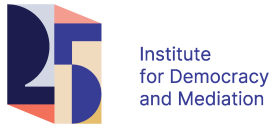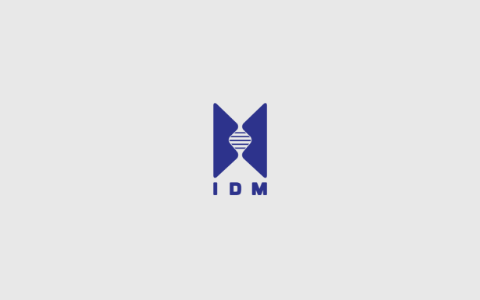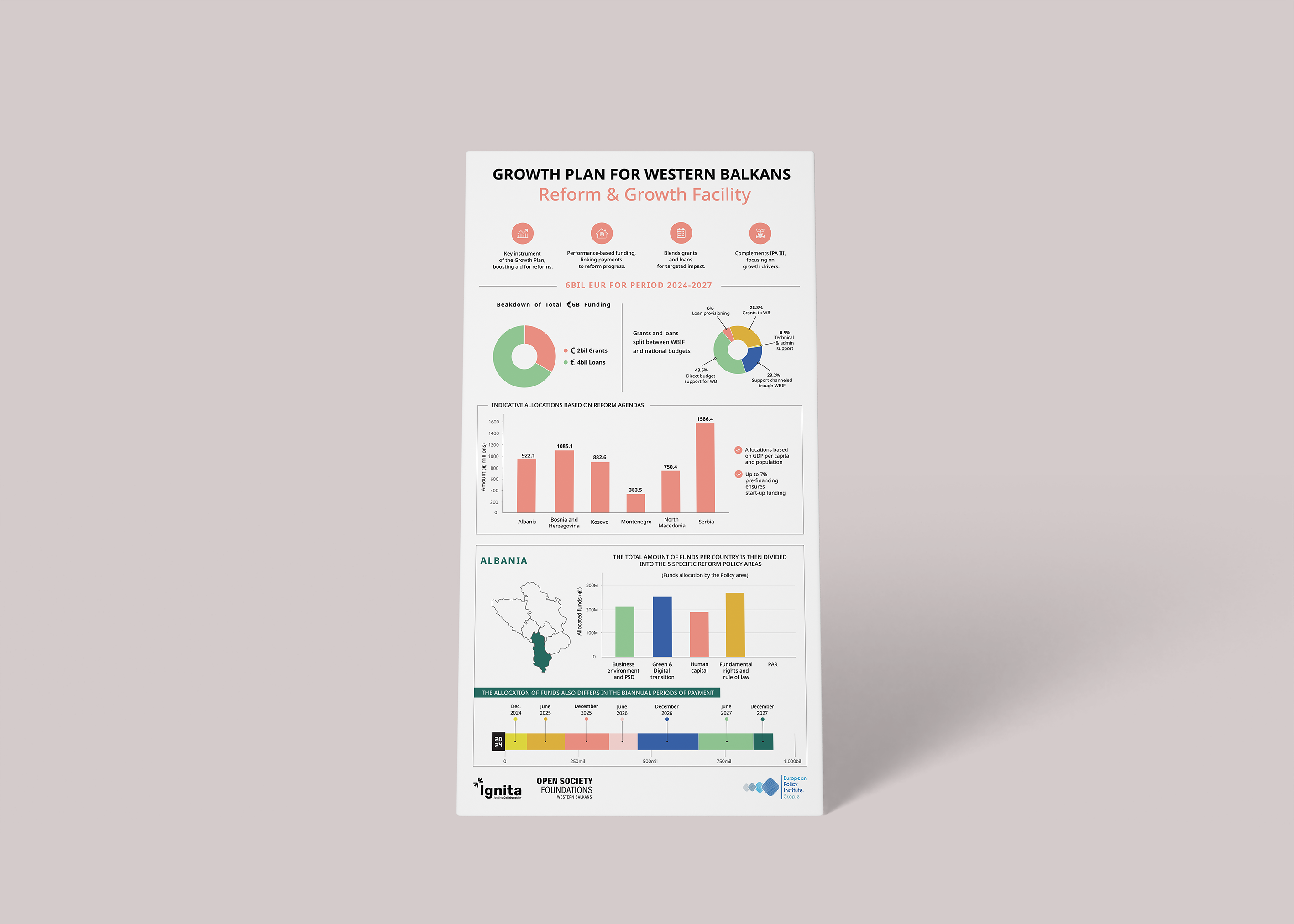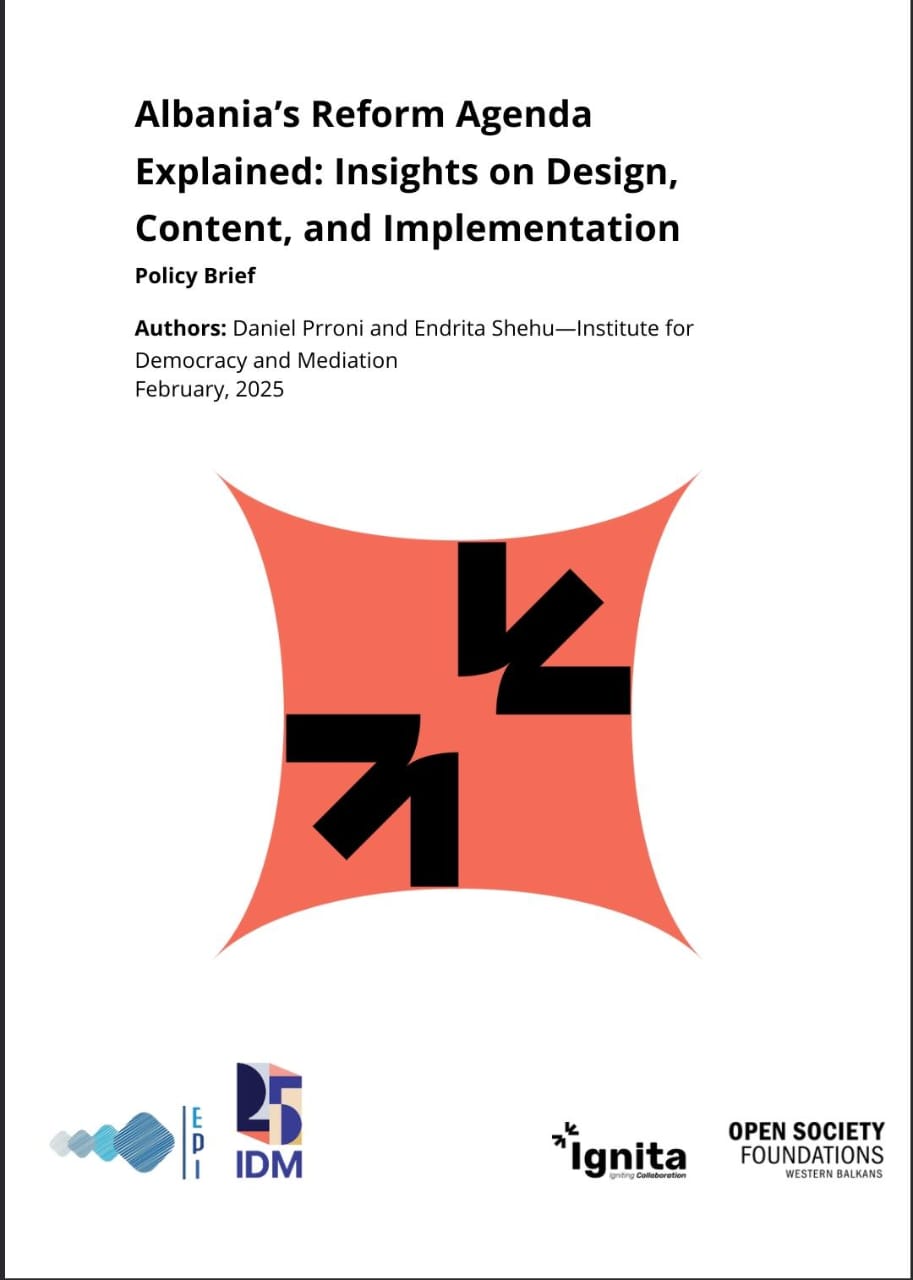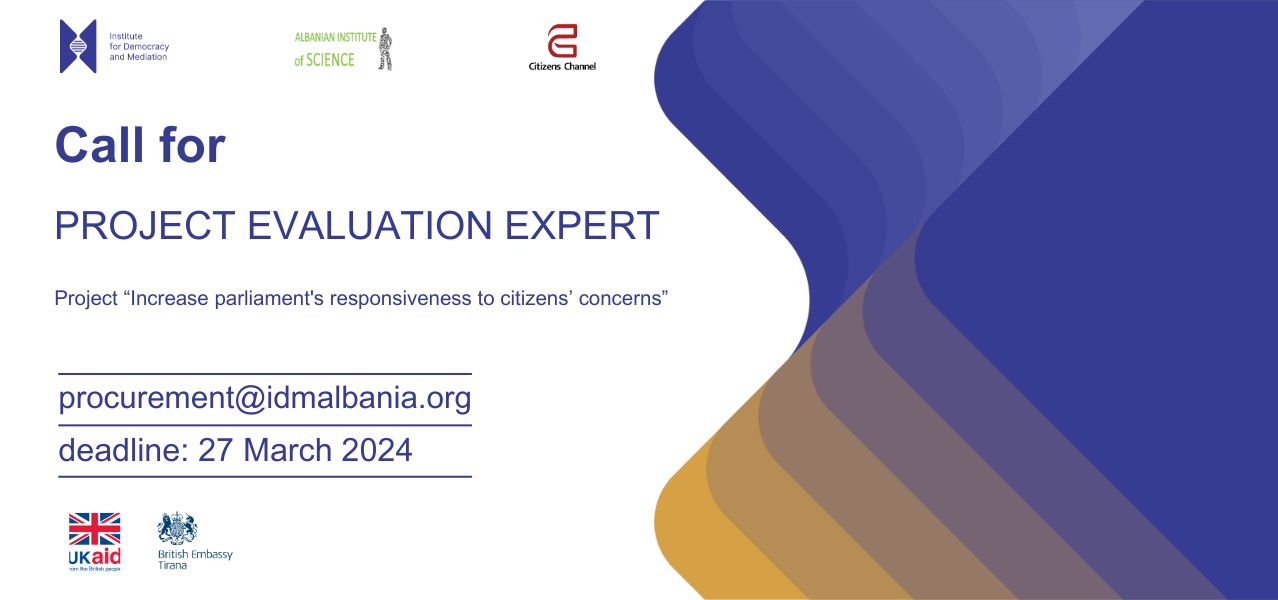Project “Increase parliament’s responsiveness to citizens’ concerns”
I. Background Information
The Institute for Democracy and Mediation (IDM), in collaboration with the Albanian Institute of Science (AIS) and Citizens Channel, is implementing the project “Increasing Parliament’s Responsiveness to Citizens’ Concerns” Project Code: 301457-415 funded by the Foreign, Commonwealth & Development Office (“FCDO”). The project aims to amplify the parliament’s efforts in fostering an enabling environment for substantial civic engagement in political and legislative processes in Albania as a means to promote public interest and build trust.
Overall goal:
The proposed project aims to amplify the parliament’s efforts in fostering an enabling environment for substantial civic engagement in political and legislative processes in Albania as a means to promote public interest and build trust.
Specific objectives:
- To consolidate CSOs, media, academia and youth engagement for an effective contribution to parliamentary processes through civic education activities, capacity building, etc.
- To support and strengthen parliamentary capacities (including MPs) to proactively engage with CSOs, media, academia, and citizens through innovative and participatory deliberative instruments.
- To strengthen civil society capacities and impact for monitoring and oversight of parliamentary activity on the budget cycle.
To achieve these objectives, the proposed project will develop and employ a diverse engagement mix of capacity building, monitoring and oversight approaches and innovative deliberation techniques and tools of meaningful interaction with the CSOs, media, academia, and local communities to encourage broader interaction with the parliament and MPs. A gender-sensitive engagement and reaching out to the disadvantaged or underrepresented groups nationally will be essential in facilitating an inclusive engagement.
Beneficiaries:
The project primarily aims to benefit Albanian citizens by fostering an effective and functional parliament. Targeting various groups, including civil society organizations (CSOs), media, academia, and youth, the project aims to enhance their skills and engagement in parliamentary processes, advocating for public interests, transparency, and accountability. By empowering these groups with technical expertise, networking opportunities, and advocacy capacities, the project seeks to amplify citizens’ voices within the parliament and demand a more transparent and citizen-centered approach to decision-making. Additionally, the project will collaborate with the leadership of the parliament, MPs and technical administrative staff to develop innovative tools and mechanisms to strengthen parliamentary functions and responsiveness to citizens’ concerns. The project is implemented in Albania, with focus in the municipalities of Tirana, Kamza, Durres, Elbasan, Malesi e Madhe, Diber, Kukes, Shkoder and Lezhe.
II. Evaluation purpose, objectives and use
In this context, IDM is seeking to engage a national expert to assess the achievement of project results and performance of the first year of implementation of the above-described intervention considering the following evaluation criteria: relevance, effectiveness, impact, organizational efficiency and sustainability. Specifically, the objectives of this evaluation are to:
- Assess the effectiveness and potential measurable impact of the project intervention;
- Assess organizational efficiency in progressing towards the achievement of project results as defined in the intervention;
- Assess the sustainability of the results and intervention in the empowerment of the project beneficiaries;
- Identify and document lessons learned, good practices and innovations, success stories and challenges within the project;
- Identify strategies for replication and up-scaling of the project’s best practices;
- Provide actionable recommendations for future project development and maximize ownership by partners in the areas covered by the project;
The findings of the evaluation are expected to contribute to effective programming, organizational learning and accountability. The findings of the evaluation will moreover be used to engage the parliament and other stakeholders at local and national levels to advocate for citizen engagement in parliamentary decision-making.
III. Evaluation scope, methodology and questions
3.1. Scope of the evaluation
The first evaluation of the project will cover the annual period from 19 May 2023 to 31 March 2024 for three project consortium members: IDM, AIS and Citizens Channel. The second evaluation phase should cover the period from 1 April 2024 to 31 March 2025.
The evaluation will include data collection and shall cover all aspects of the project’s implementation.
3.2 Evaluation methodology
The evaluation will be a transparent and participatory process involving relevant stakeholders and partners. The evaluation will be based on gender and human rights principles and adhere to the IDM Code of Conduct guidelines.
The evaluation methodology will follow a Theory of Change approach and employ mixed methods including quantitative and qualitative data collection methods and analytical approaches.
Methods may include but are not limited to:
- Desk review of relevant documents such as project documents, progress reports, financial records, meeting minutes and monitoring reports, and secondary data or studies relating to the regional and country context;
- Semi-structured interviews focus group discussions, surveys with direct and indirect beneficiaries, implementing partners, donor and other key stakeholders;
- Interviews with key stakeholders to ensure further triangulation.
It is expected that the service provider for this evaluation, will further refine the approach and methodology and submit a detailed description in the inception report. The methodology and approach must, however, incorporate human rights and gender equality perspectives.
3.3. Evaluation questions
Relevance
- To what extent does the project address the main needs of the project´s target groups?
- To what extent is the intervention consistent with the strategic documents of the parliament?
- To what extent have gender and human rights principles and strategies been integrated into the project design and implementation?
Coherence:
- Are there any synergies and interlinkages between the project and other interventions of the project consortium partners?
- To what extent the project is complementarity, harmonization and coordination with the interventions of other actors’ interventions in the same context?
- To what extent the implementation of the project ensure synergies and coordination with parliament and key partners relevant efforts while avoiding duplications?
Effectiveness
- To what extent have the expected results of the project been achieved on both objectives and results levels?
- Has the project achieved any unforeseen results, either positive or negative? For whom? What are the good practices and the obstacles or shortcomings encountered? How were they overcome?
- How well did the intervention succeed in involving and building the capacities of the project beneficiaries?
- To what extent are the project approaches and strategies innovative for the increase of citizen engagement in the parliament?
Impact
- What evidence exists that the project has delivered mid to longer-term results?
- To what extent is the project changing the dynamics of power in relationships between different groups?
Efficiency
- Have resources (financial, human, technical support, etc.) been allocated strategically to achieve the project outcomes?
- Has there been effective leadership and management of the project including the structuring of management and administration roles to maximize results?
Sustainability
- What is the likelihood that the benefits from the project will be maintained for a reasonably long period after the project phases out?
- How effectively has the project generated country ownership of the results achieved, the establishment of partnerships with relevant stakeholders and the development of in-country capacities to ensure the sustainability of efforts and benefits?
- To what extent the project fostered the participation of relevant CSOs and other interest groups?
- To what extent has the project been able to promote replication and/or up-scaling of successful practices?
- What factors are/will be critical to maintain project results in the long term?
The above-outlined evaluation questions are tentative, and the evaluation expert is expected to refine those in the context of the first-year project implementation of the evaluation.
IV. CORE COMPETENCIES
Academic Qualifications:
- Postgraduate degree in social sciences, management and other related areas;
Experience:
- Demonstrated expertise with project evaluation and civil society sector in Albania.
- At least 7 years of technical background in good governance, public administration, and/or local development issues;
- At least 5 years of proven experience in evaluating programmes/projects;
- Experience and expertise in project design, management, monitoring, and evaluation;
V. Application Process
Interested candidates are invited to submit the following documents:
- Curriculum Vitae
- Financial Offer.
All applications must be submitted electronically to [email protected], in English no later than 27 March 2024.
[Download not found] [Download not found]
